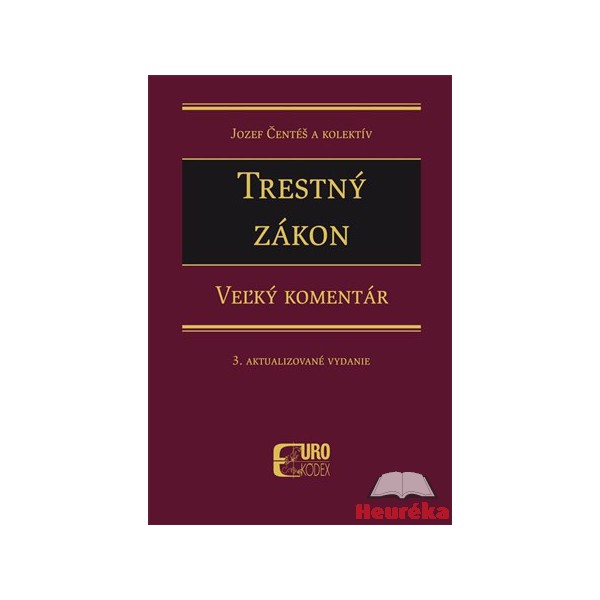Legislation Impacting Anti-Discrimination and Anti-Radicalisation Efforts
 Criminal Code of Slovakia.
Criminal Code of Slovakia.
There are several legal acts in the Slovak legislation, which are indirectly aimed against certain minorities. Article 34 of the Constitution guarantees minority rights, but also states that they “must not endanger the sovereignty and territorial integrity of the Slovak Republic or cause discrimination against other groups of the population”. This provides ground for abuse of legislation, particularly in cases like claims to autonomy by the Hungarian minority, which the government sees as attempts to incorporate these regions into Hungary”.
Article 312 of the Criminal Code punishes those who “violate the territorial integrity” of Slovakia” Article 190 of the Criminal Code is punishes attempts to obtain “unwarranted cash benefits”, including those who seek benefits on national basis, which can be used against any national community or organisation.
In June 2014, the Constitution was amended to reinforce marriage as a union between a man and a woman, blocking any attempts of the LGBT community to achieve equal marriage.
In January 2018, Interior Minister (04.04.2012 - 22.03.2018) Robert Kaliniak (b. 11.05.1971) (Way - Social Democracy) and Police Corps President(since 15.05.2012)Tibor Gaspar (b. 23.04.1962)submitted a bill to the government aimed, in their words, against "Roma crime." According to the bill, police officers will be given greater freedom to use coercive means against suspects not only for criminal offenses, but also for offenses, including those of public order. This applies to the rules of detention and home invasion. The actions of police officers will not necessarily be evaluated immediately by the Special Inspectorate of the Interior Ministry. Robert Kaliniak explained the need to change the criminal situation in places where Roma live.
Amnesty International Slovensko believes that the Kalinjak-Haspar initiative "not only contradicts international and national legislation on non-discrimination and equal access to public goods, but also damages the dignity of the group against which it is directed and reinforces the stereotype linking Roma with crime." With R. Kalinjak's resignation the bill was removed from government consideration.
2021 marks 10 years since Slovakia signed the Council of Europe Istanbul Convention on Violence against Women. During this time, Slovakia has not ratified it.


